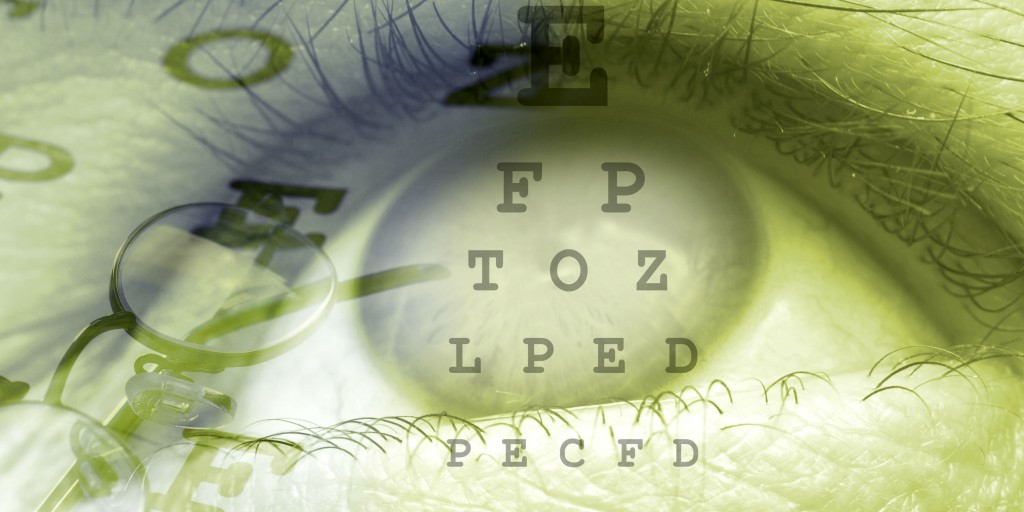Protecting your eyesight is one of the most important things you can do to help maintain your quality of life. Some type of sight-threatening eye problem affects one in six adults age 45 and older. And the risk for vision loss only increases with age.
In fact, a recent American Academy of Ophthalmology (AAO) report estimates that more than 43 million Americans will develop age-related eye diseases by 2020. Since the leading causes of blindness and low vision in the United States are primarily age-related diseases such as macular degeneration, cataract, diabetic retinopathy and glaucoma, protecting your eyesight as you age is an essential part of your health care.
Tips for Protecting Your Eyes
To protect your eyesight and keep your eyes healthy as you age, consider these simple guidelines:
- Find out if you are at higher risk for eye diseases. Be aware of your family’s health history. Do you or any of your family suffer from diabetes or have a history of high blood pressure? Are you over the age of 65? Are you an African-American over the age of 40? Any of these traits increase your risk for sight-threatening eye diseases. Regular eye exams are particularly important, because an early diagnosis can limit any vision loss and help preserve your eyesight.

Want good vision all your life? Take care of your eyes, and get regular eye exams. - Have regular physical exams to check for diabetes and high blood pressure. If left untreated, these diseases can cause eye problems. In particular, diabetes and high blood pressure can lead to vision loss from diabetic retinopathy, macular degeneration and eye strokes.
- Look for warning signs of changes in your vision. If you start noticing changes in your vision, see your eye doctor immediately. Some trouble signs to look for are double vision, hazy vision and difficulty seeing in low light conditions. Other signs and symptoms of potentially serious eye problems that warrant immediate attention include red eyes, frequent flashes of light, floaters, and eye pain and swelling.
- Exercise more frequently. According to the AAO, some studies suggest that regular exercise — such as walking — can reduce the risk of age-related macular degeneration by up to 70 percent.
- Protect your eyes from harmful UV light. When outdoors during daytime, always wear sunglasses that shield your eyes from 100 percent of the sun’s harmful ultraviolet rays. This may help reduce your risk of cataracts, pinguecula and other eye problems.
- Eat a healthy and balanced diet. Numerous studies have shown that antioxidants can possibly reduce the risk of cataracts. These antioxidants are obtained from eating a diet containing plentiful amounts of fruits and colorful or dark green vegetables.
Studies also have shown that eating fish rich in omega-3 fatty acids may reduce your risk of developing macular degeneration. Also, consider supplementing your diet with eye vitamins to make sure you are getting adequate amounts of the nutrients you need to keep your eyes healthy.
- Get your eyes checked at least every two years. A comprehensive eye exam, including dilating your pupils, can determine your risk for major eye diseases such as diabetic retinopathy, which has no early warning signs or symptoms. An eye exam also can ensure that your prescription for eyeglasses or contact lenses is up to date.
- Don’t smoke. The many dangers of smoking have been well documented. When it comes to eye health, people who smoke are at greater risk of developing age-related macular degeneration, cataracts, uveitis and other eye problems.
In addition to following these guidelines, be sure to wear safety glasses when working with tools or participating in active sports to help prevent eye injuries that potentially could cause permanent vision loss.
It’s true that following these steps is no guarantee of perfect vision throughout your lifetime. But maintaining a healthy lifestyle and having regular eye exams will certainly decrease your risk of developing a sight-stealing eye problem that otherwise might have been prevented.

